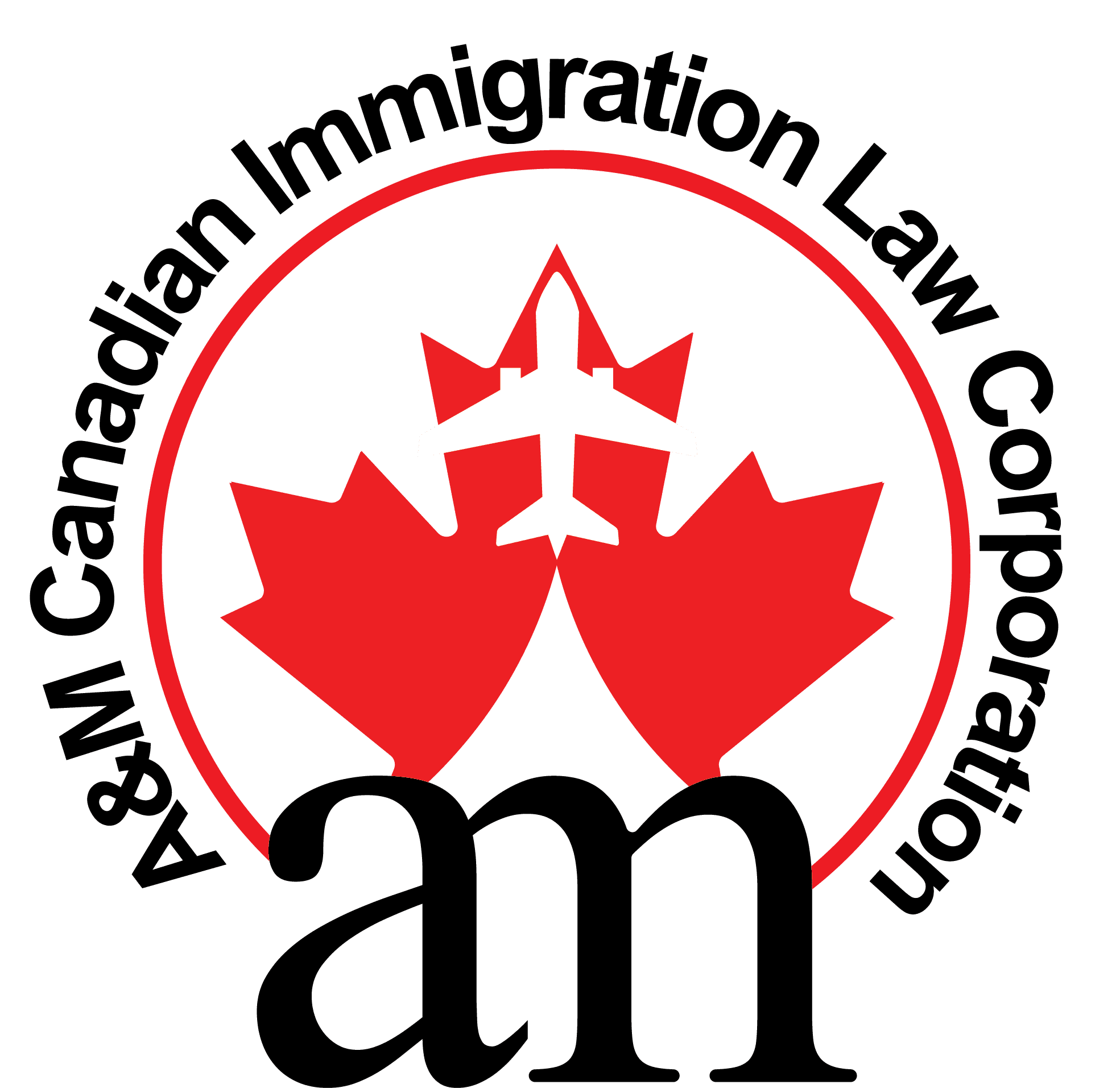Manitoba Provincial Nominee Program Draw – December 5, 2025
Manitoba conducted Expression of Interest (EOI) Draw #259 on December 5, 2025, issuing a total of 184 Letters of Advice to Apply (LAAs) under the Skilled Worker Stream of the Manitoba Provincial Nominee Program (MPNP). This draw considered profiles submitted under both the Skilled Worker in Manitoba and Skilled Worker Overseas pathways that declared receiving a direct invitation from the MPNP through a strategic recruitment initiative. The high number of invitations reflects Manitoba’s continued focus on retaining temporary residents and meeting urgent labour market needs through targeted immigration measures. The 184 LAAs issued in this draw were distributed across the following strategic initiatives: ● Temporary Public Policy to Facilitate Work Permits for Prospective PNP Candidates (TPP): 126 LAAs ● Regional Communities: 21 LAAs ● Francophone Community: 20 LAAs ● Employer Services: 10 LAAs ● Ethnocultural Communities: 7 LAAs The TPP stream dominated this draw, highlighting Manitoba’s strong emphasis on supporting temporary residents with expiring or limited work authorization and providing them with a pathway to permanent residence. Of the 184 LAAs issued, 61 were granted to candidates who declared a valid Express Entry profile number and job seeker validation code, enabling faster federal processing once a provincial nomination is secured. A&M Canadian Immigration Law Corporation assists applicants across all MPNP pathways, including Skilled Worker in Manitoba, Skilled Worker Overseas, strategic recruitment initiatives, and Express Entry–aligned nominations. Our experienced legal team can assess your eligibility, guide your employer or community-based support, and manage your application with confidence and precision. Book a consultation today to begin or strengthen your Manitoba PR journey. MPNP Draw Read More Read More Read More Read More






